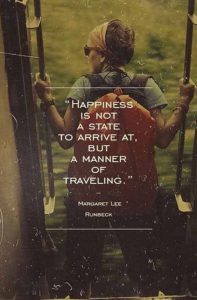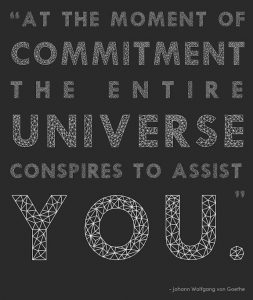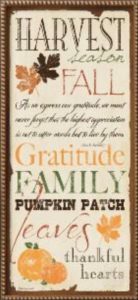This year my husband and I have been rowing singles many days, rather than only sculling in our double. We bought the singles to celebrate our 30th anniversary, which was in May. It was my husband’s idea and a surprise to me. I had suggested that he might want to look into buying a single because he had been taking a very old club boat to the regattas, and it was too big for him and poorly suited to his rowing style. I never thought about getting one for myself, though. The club boats did not fit me any better (worse, actually), but I was happy with the double, rarely rowed singles, and never had considered racing one.
Now that I’ve had a few months to get used to rowing a single that is the right size and is set up the way I like it, I’ve been starting to feel more comfortable with the idea of taking it to regattas. My husband suggested that I enter an October head race on our favorite course in Tennessee. (Head races are 5K races during the fall season, so-called because they often take place at the head of a river.)

I was wondering how many women would be competing in my age group. When my husband looked up last year’s race, he told me that there was only one rower in the category of women over 50 racing a single. Other regattas that we like to attend are much the same, with very few older women rowing singles; and my practice times are competitive with their race times, despite my lack of experience.
Although that should mean I can expect to win medals, it is also a bit disconcerting. I understand that much of it is generational, in that most women my age were not encouraged to be athletic when we were growing up. A woman of my generation might enjoy racing in a mixed crew with her husband, but she is not as likely to think about signing up for individual events. Younger women often are more adventurous and competitive because the times have changed.
So, it doesn’t mean that I am now so old that my competition has started dying off. Nor does it have any logical bearing on how many years I might be healthy enough to row. The fact that such thoughts even briefly came to mind bugs me anyway, though.
Last year I began writing occasional stories about my fantastically adventurous future self, aka Fannie, mainly to remind myself that there are many other possible futures besides the usual culturally-conditioned aging scenarios. I decided that Fannie should be 119 years old, not because I expect to live to that age or any other particular age, but simply to kick all such expectations much farther down the road.
Some folks really do live that long in the present day, and it seems likely that longevity will increase as a result of scientific advances. That puts Fannie within the bounds of reasonable possibility, although I never intended my stories about her to be realistic, or close to it; they’re aimed more at liberating my thoughts from other people’s overly narrow ideas of what is or should be realistic.
In that spirit, and without making any assumptions beyond observing that the future surely holds more possibilities than we know, I’ve found myself reflecting on the ideas I had about aging when I was a teenager. Back then, to the (very minimal) extent I thought about it at all, I didn’t see myself living past 80, which seemed ancient and very far away. This morning I put a birthday card in the mail for my mom, who turns 80 next week and is generally healthy. My dad and my husband’s parents already are over 80, and whatever notions I might have had about when a person becomes “ancient” have changed accordingly.
So I’m wondering—now that becoming “ancient” seems much farther away than I once imagined it, and there is at least some possibility I could have another half-century or more of healthy life remaining—why should I feel any closer to old age (whatever that may mean) than I felt when I was a teenager?






